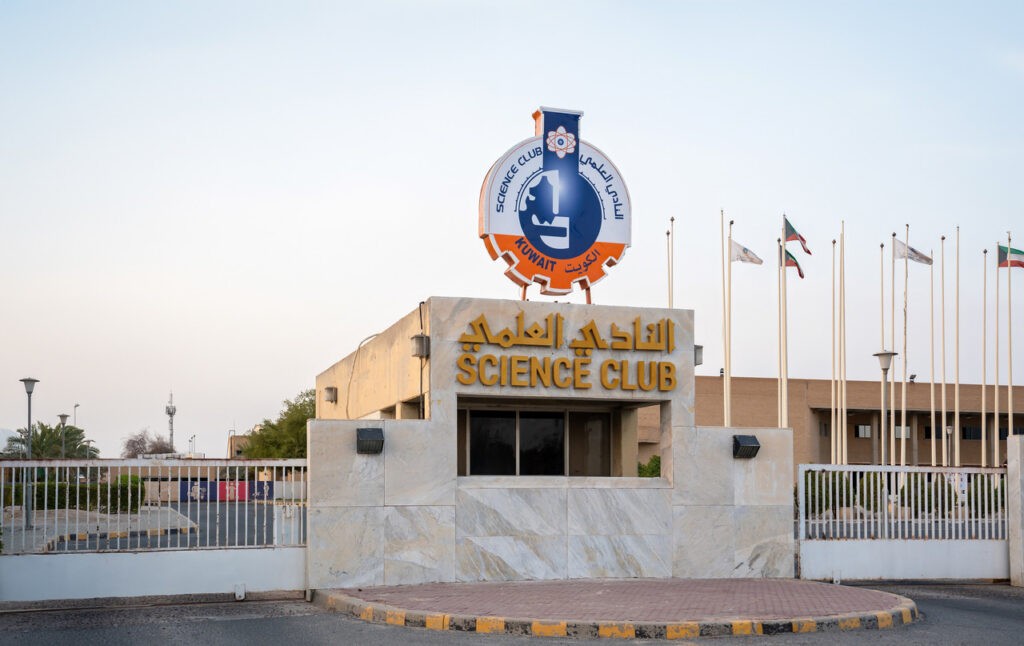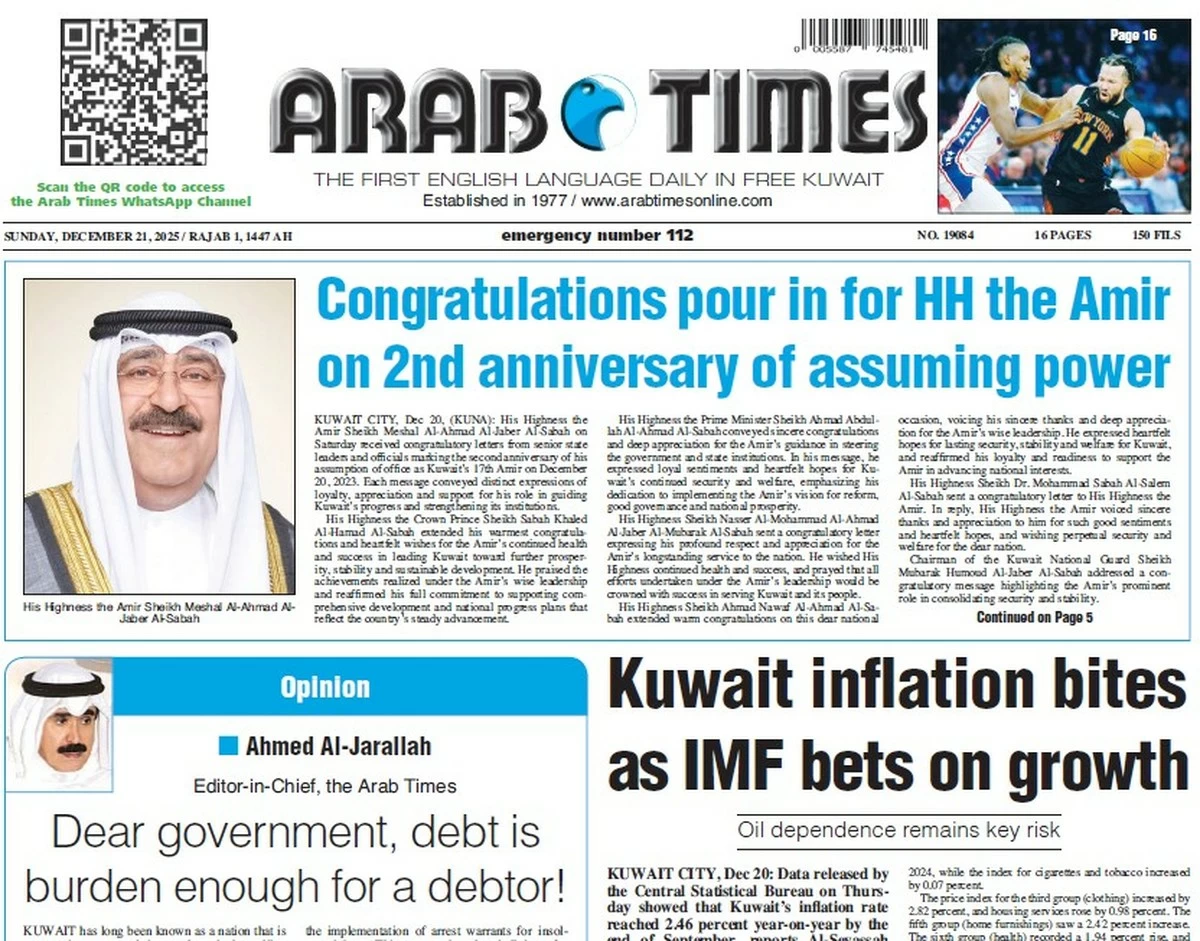10/08/2024
10/08/2024

KUWAIT CITY, Aug 10: Over the course of 50 years, the Kuwait Science Club has validated the vision upon which it was founded: to spread scientific culture in society, enhance the knowledge level of its members, and create an environment conducive to unleashing their diverse energies and creativity. As the Science Club celebrates its golden jubilee tomorrow, this cultural institution takes another step toward achieving its goals, which include nurturing the potential of young people, motivating them to pursue knowledge, engage in scientific research, innovate, and contribute to the country's comprehensive development.
The Kuwait Science Club was established on August 11, 1974, representing a pioneering Kuwaiti initiative in the field of scientific culture. It was launched by a group of Kuwaiti pioneers who recognized the importance of science in building society, the role of knowledge in promoting youth culture, and the necessity of having scientific centers that support young people and provide them with an environment to unleash their creative energies.
Since its founding, the Science Club has been affiliated with the Ministry of Social Affairs and is considered one of the public benefit associations. It is managed by an independent board of directors consisting of nine members who are elected periodically.
Upon its launch, the club announced its objectives: to contribute to spreading scientific culture among all segments of society, to work on raising the scientific level and competence of its members in various specializations, to create and nurture a suitable scientific environment for them, and to strengthen their religious, moral, educational, and national values.
Among the club's goals is also to help discover the inclinations of its members and guide them in the right direction, to strengthen the relationship between the club and other local, Arab, and international scientific institutions, to develop a scientific mindset among its members, and to fill their free time with beneficial activities.
The Science Club plays a prominent role in training young people to engage in scientific hobbies and fostering their interest in them. It offers its members a range of activities, including camps, forums, seminars, lectures, competitions, exhibitions, and scientific trips.
The club contributes to training young people to work with methods, machines, and tools within workshops focused on skills and scientific arts in its various departments and branches. It also prepares and implements a variety of scientific activities that help train members in scientific research, experiments, and projects.
Recognizing the importance of the role of Kuwaiti girls and the need to support their scientific and cognitive development, the club established a special department for girls in 1986. This department was created in response to the desire of Kuwaiti girls to have an institution where they can pursue their hobbies and invest their free time in activities that benefit them and open new horizons for creativity and innovation.
Over the past five decades, the club's goals and activities have evolved, driven by the dedication of its successful administrations to enhancing its role in society, diversifying its contributions locally, regionally, and globally, and keeping pace with scientific and technological advancements in peer scientific institutions.
One of the club's most important current activities is the International Exhibition of Inventions in the Middle East, which the club launched in 2007. This exhibition has since gained a prominent position on the international map of invention exhibitions, reflecting Kuwait's leading role in supporting scientists and science in the Middle East.
Since 2012, the club has been organizing the Kuwait Science and Engineering Competition, the largest scientific competition in Kuwait for pre-university students. This competition is the culmination of the club’s vision and strategy to activate the national program to support and sponsor young researchers and innovators.
This competition also serves as a qualifier for the Intel International Science and Engineering Fair, held annually in the United States, targeting students from grades nine to twelve, aged between 14 and 18 years.
In August 2013, the club opened the Al-Ojairi Astronomical Museum, which houses about 400 astronomical objects. This museum was established through volunteer efforts from members of the club’s Astronomy and Space Sciences Department, reaffirming the club's commitment to supporting Kuwaiti youth in this field and providing them with useful activities during their free time.
Over the past decades, the club has signed agreements with many government agencies, public benefit associations, and regional and international organizations. These agreements aim to open new avenues of cooperation in the areas in which the club operates, achieving common goals with these entities and strengthening the club's position and leadership both locally and regionally.
Throughout the years, club members have achieved numerous accomplishments in the field of inventions, attained advanced positions in regional and international competitions, and raised Kuwait’s flag high in various scientific forums in which they have participated.
The club is currently developing future plans based on scientific principles to enhance its various activities. It is adopting new internationally approved curricula and collaborating with several scientific institutions and prestigious companies to develop its workshops, curricula, and technical equipment.
The club is committed to developing a distinguished strategy based on well-considered foundations that meet all aspirations. It plans to create new sections and departments that serve all age groups and to develop the necessary plans to build an institution worthy of the people of Kuwait, one that includes all sectors of the club and is equipped to host its various activities.
4o


